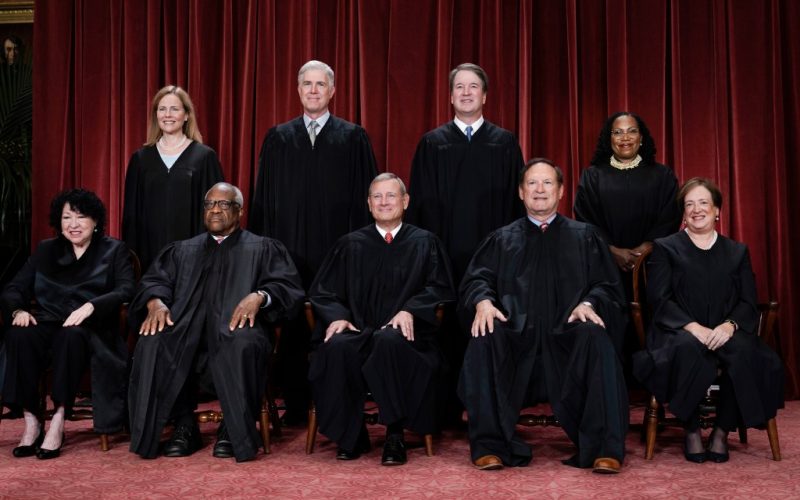It is cruel and nonsensical to deport people, not back to their countries of origin, but to third countries without proper notice or any way to appeal. But that’s what the Trump administration wants to do and that’s what the Supreme Court this week wrongly OKed in a one-paragraph order.
One of these cases involved a group of men the government tried to send to South Sudan, a nation on the brink of civil war; a lower court judge kept blocking their removal, but the administration is already asking the high court to step in again and allow it.
The far-reaching dangers of this policy should be considered not only standalone but in tandem with the rest of the administration’s dramatic power grabs to restrict immigration.
It has already attempted to grant itself the right to detain even lawful permanent residents exclusively on speech grounds; it has given itself the authority to short-circuit ongoing asylum cases and take those individuals into custody; it has asserted the ability to have masked agents grabbing people off the street without showing any warrants or probable cause.
Imagine all of that plus a green light to quickly send all of those people to foreign warzones or mega-prisons abroad. It’s one thing to deport someone back to their country of origin, but what the government wants to do here skirts close to the line of human trafficking, grabbing people and sending them to lands they’ve never been to and don’t even speak the language.
It is additionally incredible that the government is predicating all of this on the notion that it will be irreparably harmed by being unable to rapidly deport people to third countries. These are individuals who are already detained by the government; what incredible harm could accrue from having to wait a little while longer to consider additional due process claims before sending people off to South Sudan or wherever?
That’s a key point: the order did not prevent the government from removing people to third countries at all, but simply blocked it from doing so without notice or an opportunity for these people to challenge the safety of these specific removals.
It is obvious that any harm would run in the other direction instead — it is the people who would find themselves suddenly in a foreign conflict zone without any local cultural or language proficiency, who would be unquestionably irreparably harmed.
As Justice Sonia Sotomayor points out in a lengthy dissent, joined by Elena Kagan and Ketanji Brown Jackson, the majority is lifting a restraining order that the government had already been flagrantly violating on multiple occasions and in multiple ways while still having the gall to complain to the Supreme Court that it was being unfairly constrained.
“This is not the first time the Court closes its eyes to noncompliance, nor, I fear, will it be the last,” she writes, in a chilling warning of what it’s enabling. Given the extent of the government’s violations of due process and court order, Sotomayor calls its jurisdictional argument “that of the arsonist who calls 911 to report firefighters for violating a local noise ordinance.”








